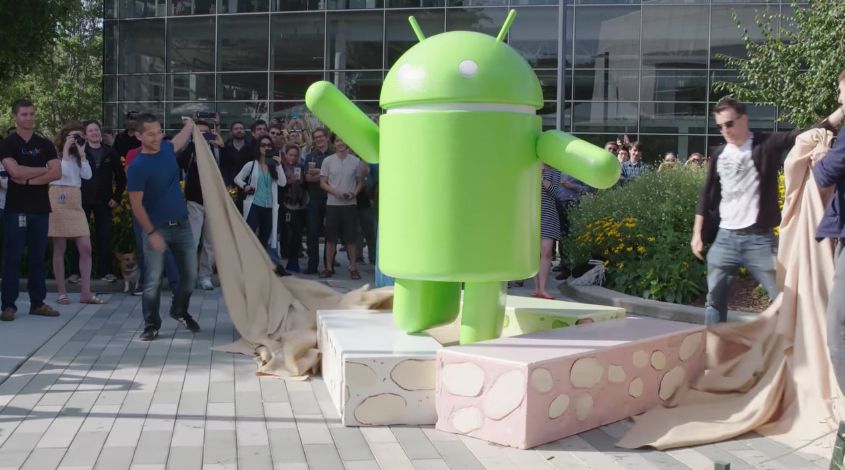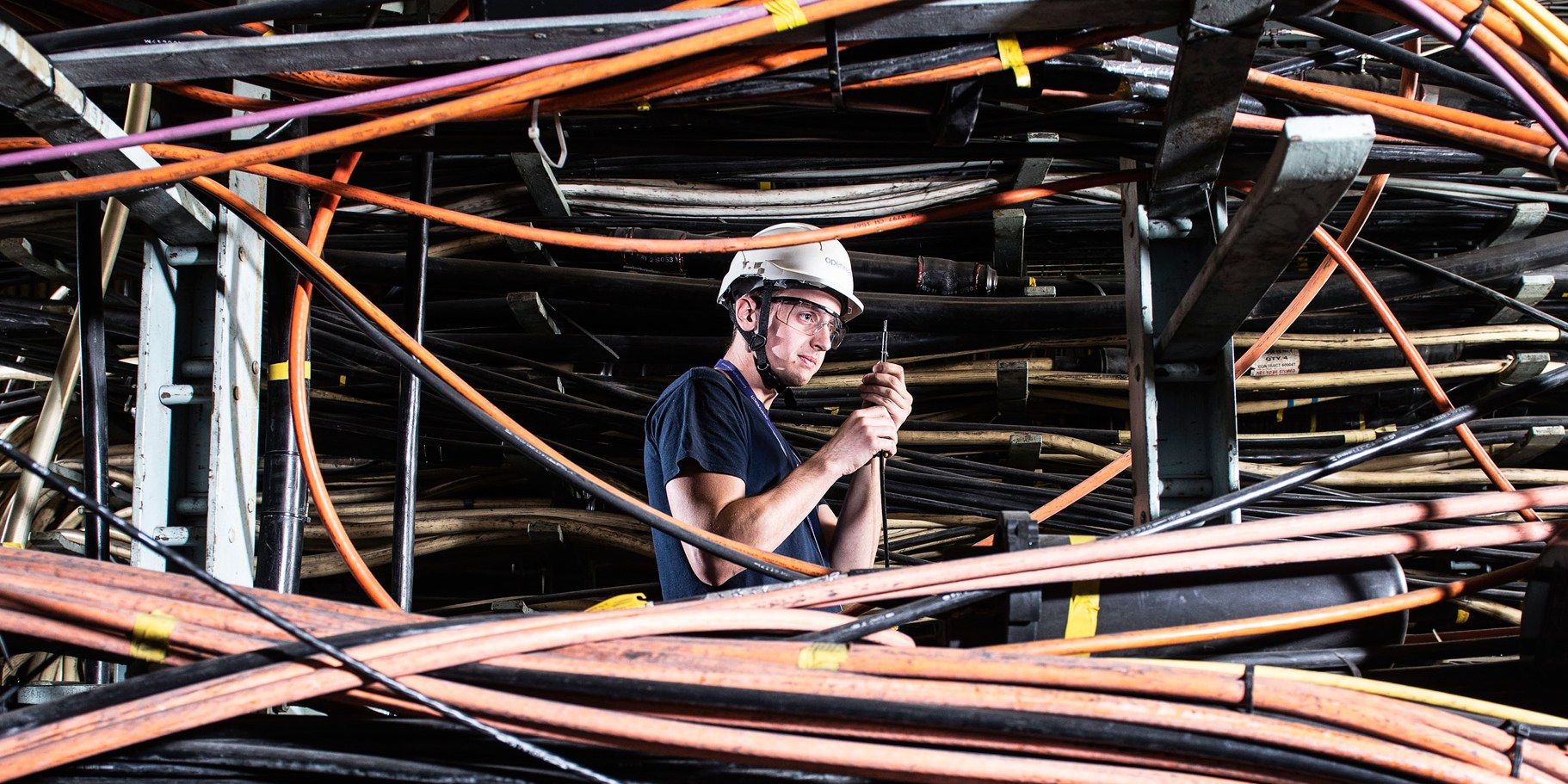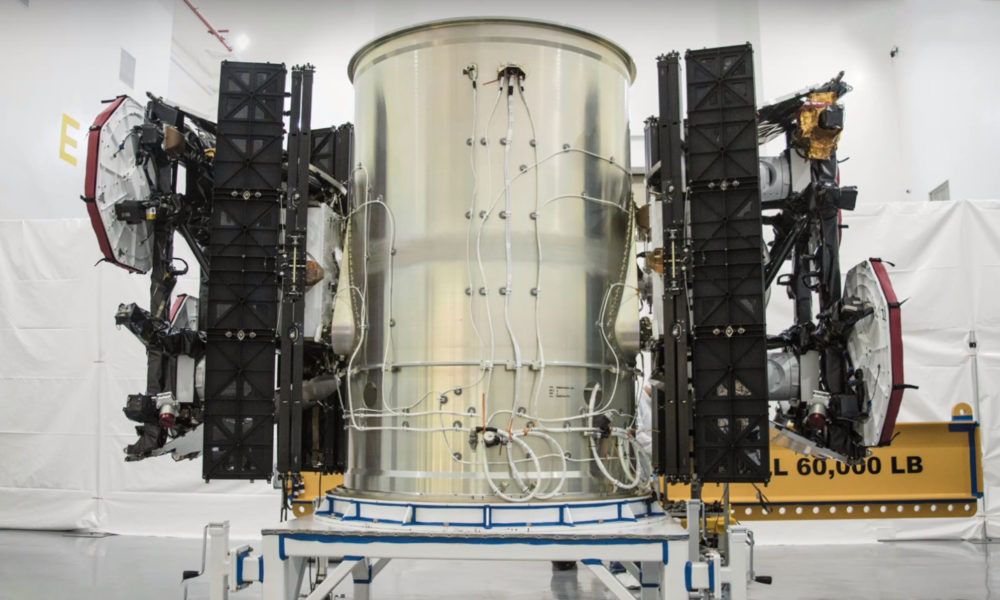This video is the second in a two-part series discussing 5G. In this video, we’ll be discussing the transition from fourth to fifth generation mobile networks along with the timeline for deployment of 5G infrastructure we can expect to see.
[0:35–5:15] First we’ll take a look at how 4G networks have been evolving and their future trajectory, as well as the organizations in charge of setting the standards for a mobile generation.
[5:15–9:55] Following that, we’ll look at how 4G networks will ease the transition to 5G, unlimited data plans and some of the use cases opened up by 4.5G/5G.




